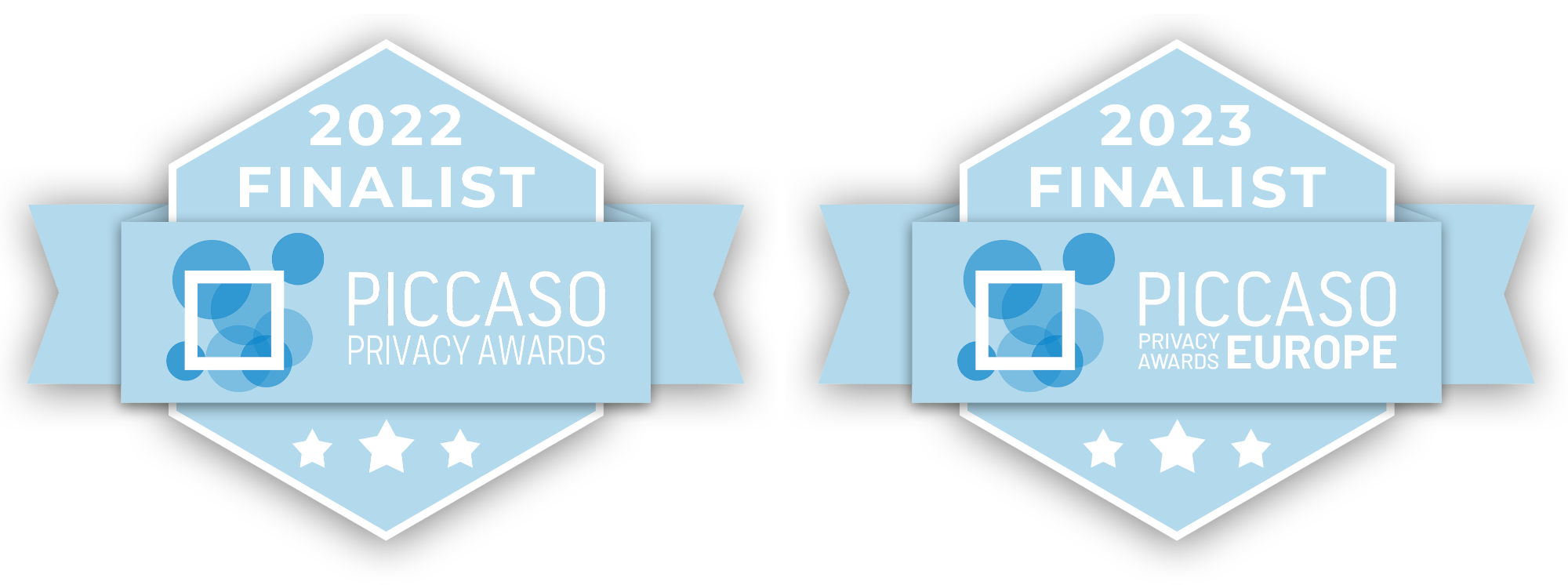WHY INVEST IN BUILDING A STRONG PRIVACY CULTURE?
When consumers trust an organisation, it benefits from faster purchases, customer loyalty, brand advocacy, and higher levels of engagement. What's more, in today's connected "always-on" society, where the slightest misstep is shared and amplified at the click of a button, trust is more important than ever. To earn consumer trust, organisations must stand for more than well-crafted products and reliable services. Essential as these are, meeting such levels of expectations is only the beginning. Several other factors play a crucial role in building a trustworthy reputation. Increasingly, consumers want to know that the companies they buy from and the providers of services they use align with their core values.
One such area where there is growing evidence that consumers are seeking reassurance from the organisations they engage with concerns how they prioritise and respect privacy rights. In 2024, the PWC Voice of the Consumer Survey identified that 83% of consumers said protecting their personal information is one of the most critical factors in an organisation's ability to earn their trust. Meanwhile, a separate 2023 study revealed cultural development is the most powerful way for an organisation to earn trust. The Edelman Trust Barometer Special Report found that changes to an organisation's culture can increase consumer trust by 38% compared to those that only focus on product functionality.
The benefits of a privacy-conscious workforce extend beyond an increase in trust. Ensuring staff understand the importance of privacy in their roles and its broader implications for individuals elicits a positive response from employees. Such an understanding encourages employees to proactively consider data protection at every stage of a project or processing activity and adhere to organisational policies for handling personal data. Over time, this can lead to operational efficiencies through streamlined data management processes and reduced duplication.
A culture of privacy can also stimulate innovation and creativity through the exploration of ethical solutions to solve problems and create value. Furthermore, organisations that successfully create these workplace environments and cultural values are more likely to benefit from competitive differentiation, which helps attract new customers and talent. There are compliance benefits, too. These include increasing employee confidence to report suspected privacy and security incidents. As such, a more diligent workforce reduces the risk of personal data breaches, cyberattacks, and the threat of regulatory enforcement. In general, privacy culture makes regulatory compliance less burdensome and easier to maintain.













